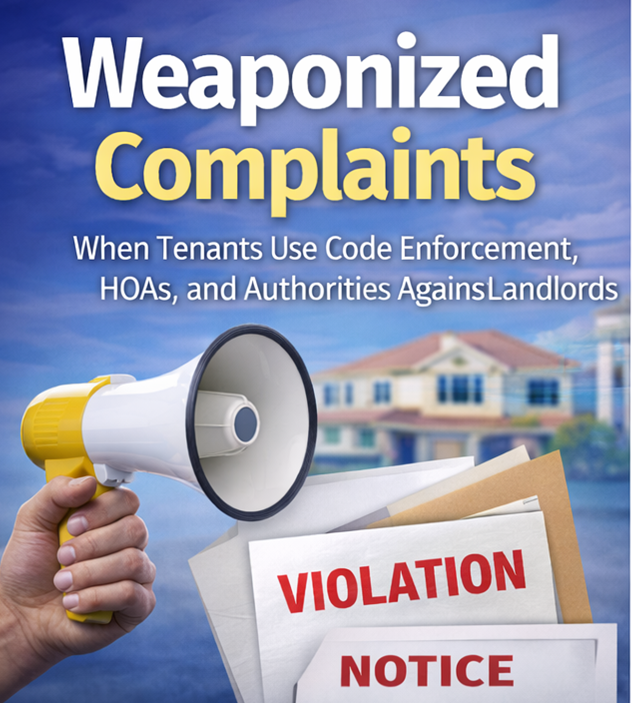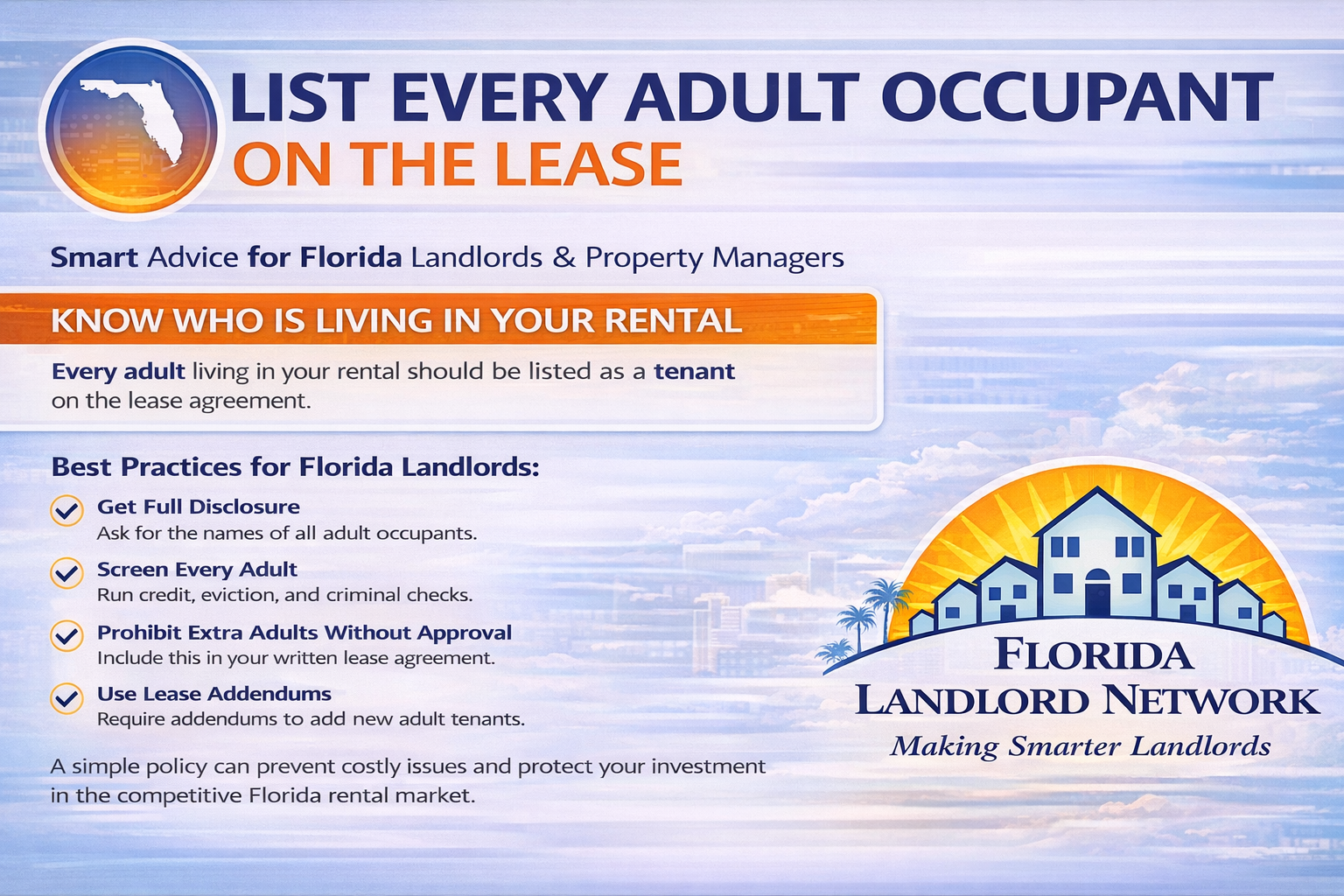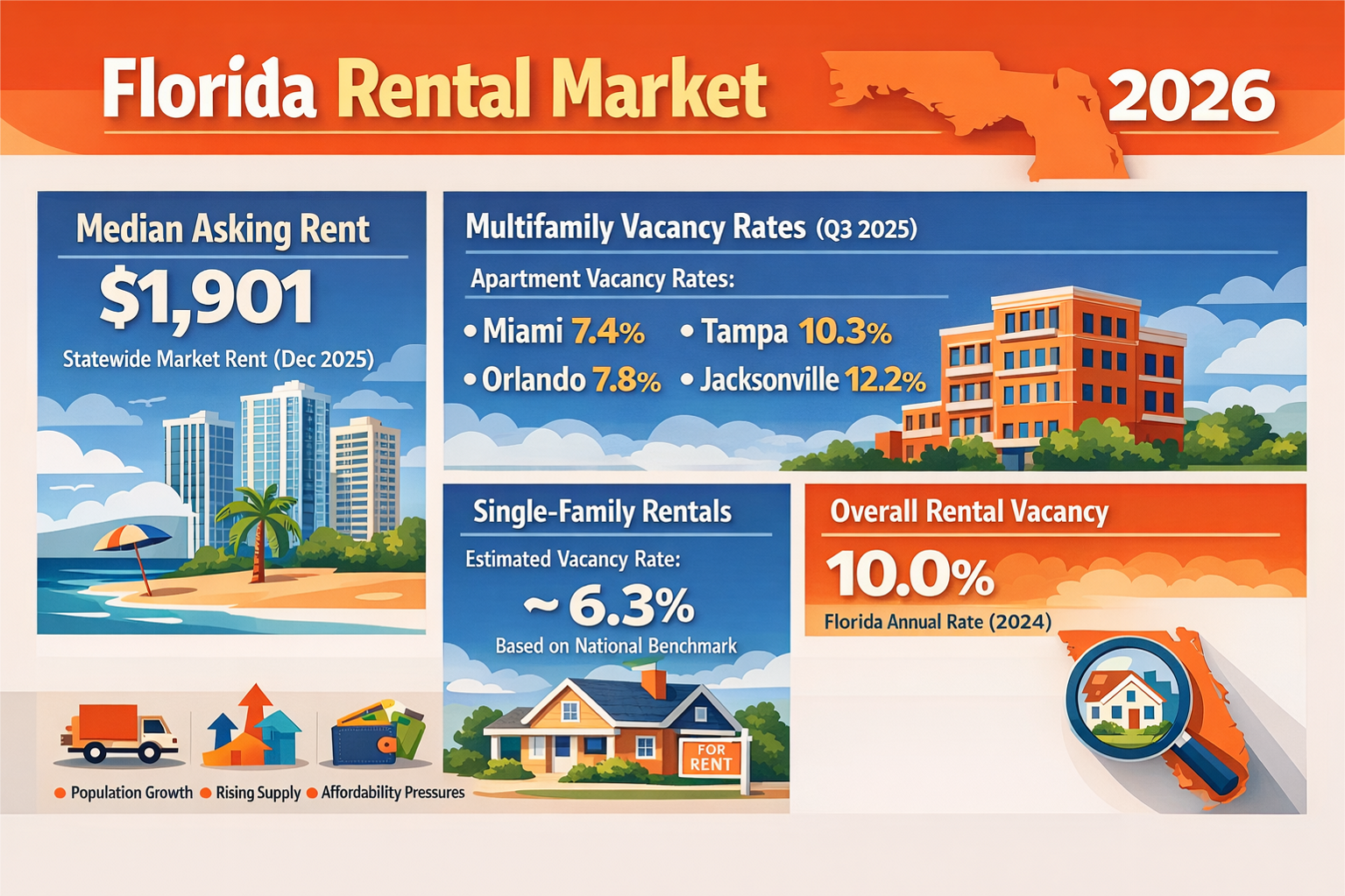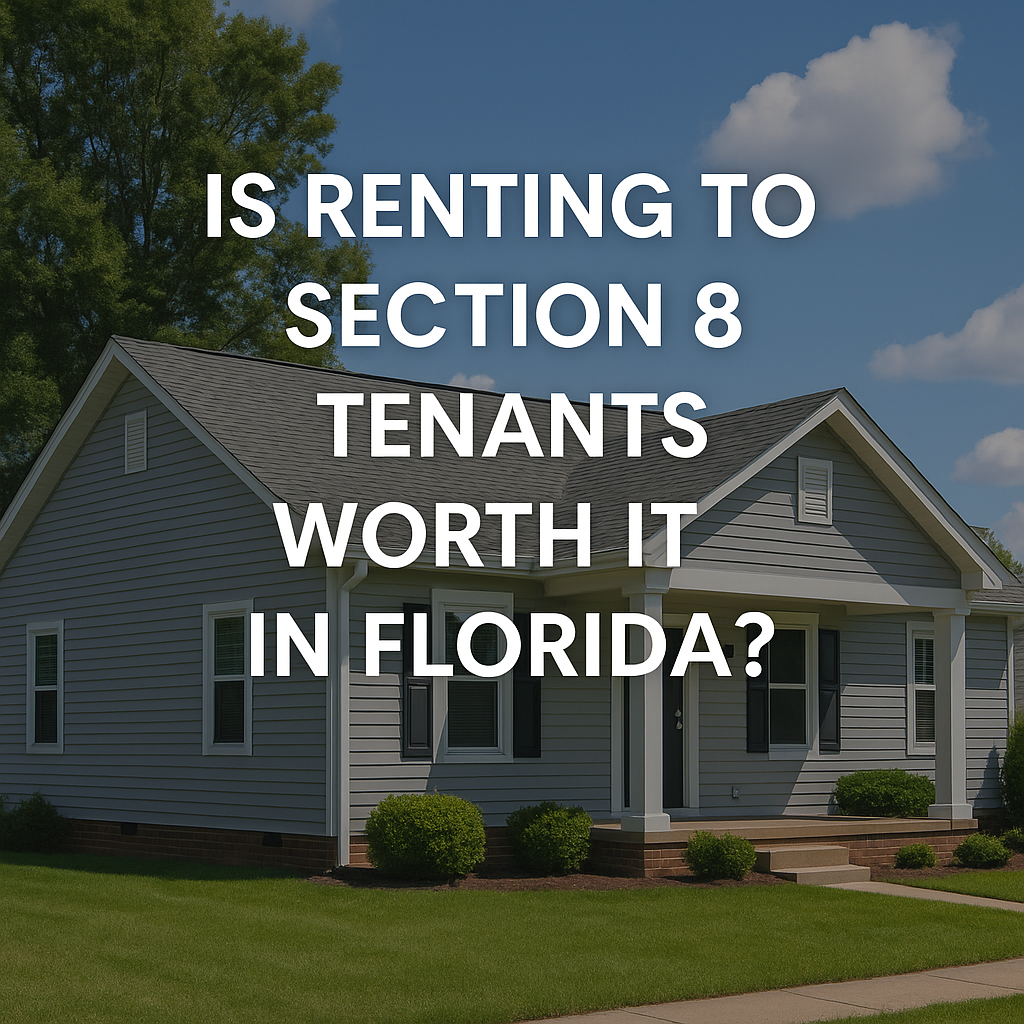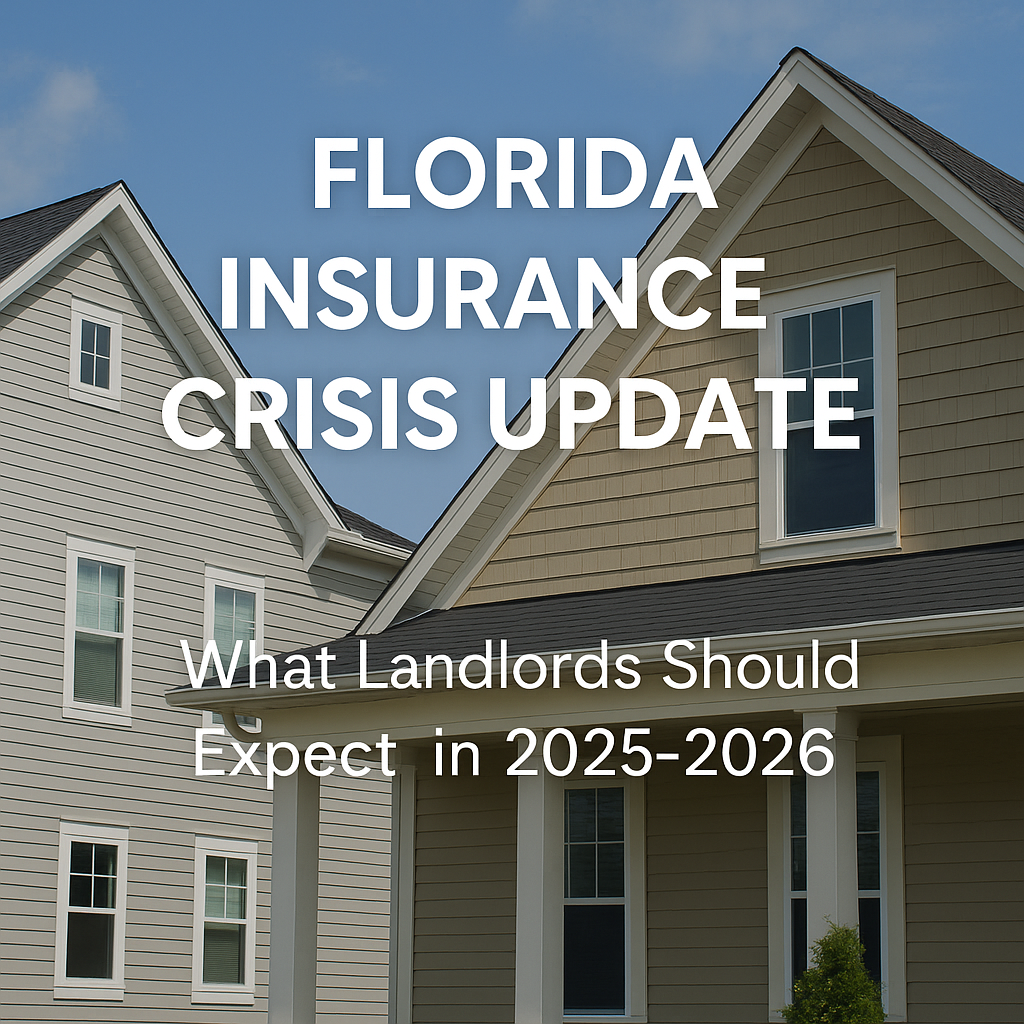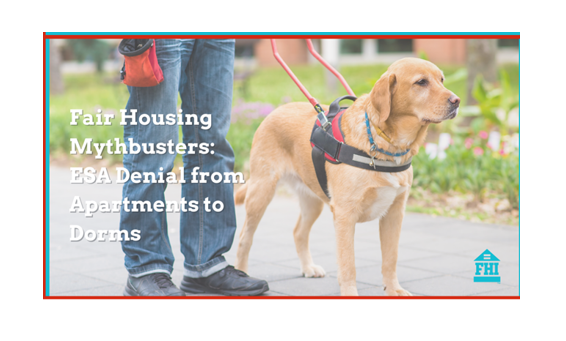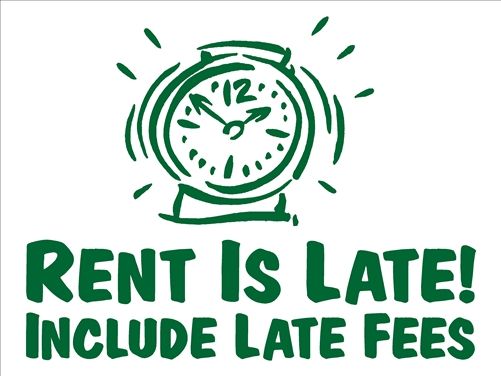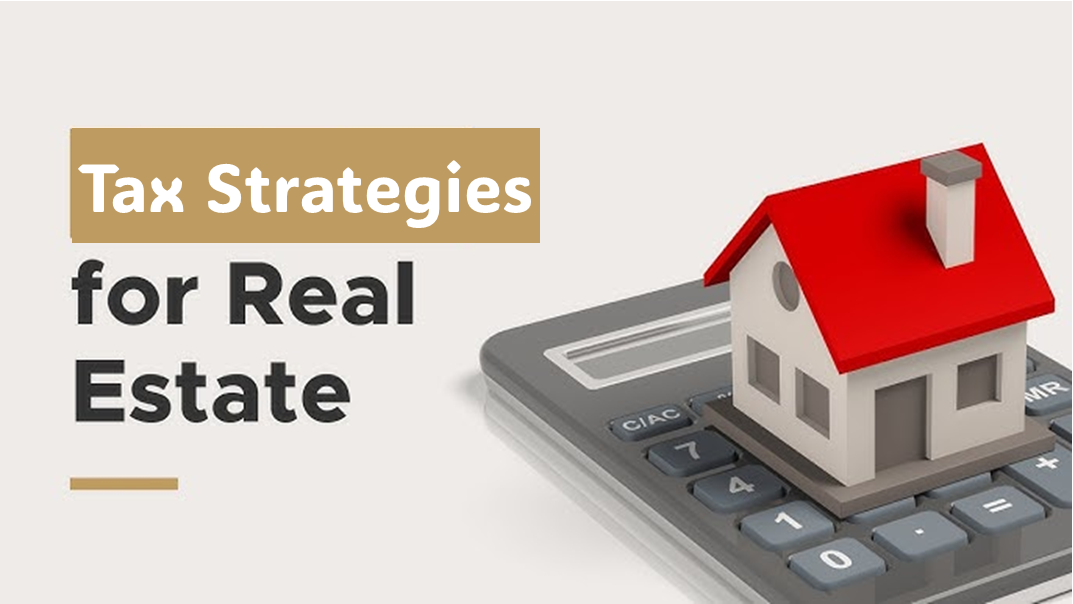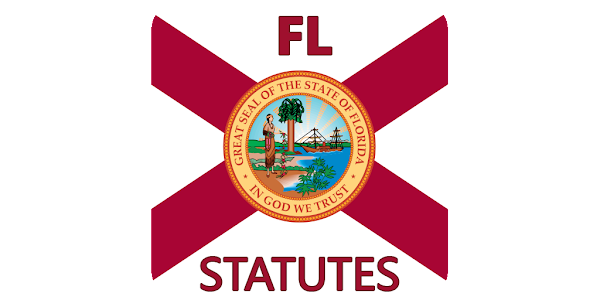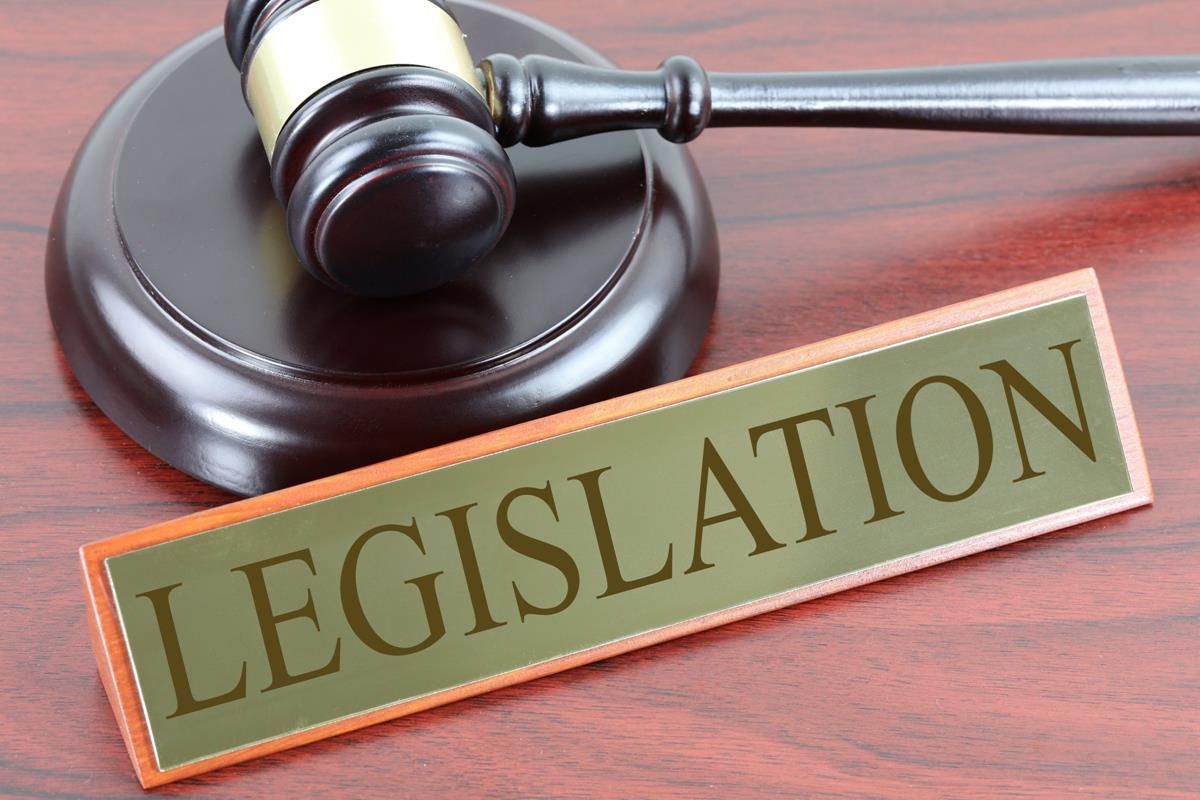
Key Florida Lease Law Changes for 2025
Here are the most relevant changes to Florida Landlord Tenant Law:
- Extended Notice Period for Month-to-Month Tenancy Termination:
- Change: As of July 1, 2024, landlords must provide 30 days’ written notice (up from 15 days) to terminate a month-to-month tenancy.
- Impact: This gives tenants more time to vacate, requiring landlords to plan terminations earlier. It’s critical for lease agreements to reflect this updated notice period to avoid legal disputes.
- Security Deposit Alternatives:
- Change: Florida now allows landlords to offer tenants the option to pay a nonrefundable monthly fee instead of a traditional security deposit.
- Impact: This provides flexibility for tenants with upfront cost concerns but requires landlords to clearly outline terms in the lease to avoid disputes over repairs or damages at lease end. Landlords must still comply with Florida Statutes § 83.49 for handling traditional deposits (e.g., keeping them in a separate account and providing written notice of deductions).
- Rent Increase Notice Requirements:
- Change: While Florida has no statewide rent control, proposed laws in 2024 (effective by summer 2024 in some areas) require landlords to provide 30 days’ notice for rent increases on month-to-month leases. Some local ordinances, like Miami-Dade County’s, mandate 60 days’ notice for increases over 5%.
- Impact: Lease agreements must specify notice periods for rent adjustments, especially for month-to-month tenancies, to ensure compliance. Fixed-term leases lock in rent until expiration unless the lease allows mid-term increases.
- Anti-Squatting Law (HB 621):
- Change: Effective July 1, 2024, this law allows landlords to bypass traditional eviction processes for unauthorized occupants (squatters) by requesting sheriff intervention, streamlining property recovery. (Click Here for Details)
- Impact: Affects how landlords handle unauthorized tenants, requiring clear lease terms to distinguish lawful tenants from squatters.
- Lease Renewal and Notice Periods:
- Change: For lease renewals, landlords must provide 30-60 days’ notice (depending on lease terms) to inform tenants of new terms, rent increases, or non-renewal. Some leases may auto-renew as month-to-month if not addressed.
- Impact: Lease agreements should clearly outline renewal procedures to avoid unintended month-to-month tenancies, which now require 30 days’ notice to terminate.
- Local Ordinance Preemption:
- Change: As of July 1, 2024, over 40 local ordinances (e.g., Orange County’s tenant bill of rights) were invalidated, replaced by statewide laws to ensure uniformity. Local rules conflicting with Florida Statutes § 83 are unenforceable.
- Impact: Landlords must ensure leases align with state law, not outdated local rules, to avoid legal challenges.

Fair Housing Law Landlord Responsibilities Federal fair housing laws in the United States, primarily governed by the Fair Housing Act ( FHA ) of 1968, aim to ensure equal access to housing and prohibit discrimination in housing-related activities. The FHA applies to most housing types, including rentals, sales, and financing, with limited exceptions (e.g., certain owner-occupied buildings with four or fewer units or single-family homes sold without a broker). Here’s a summary of the key points and landlord responsibilities:

There are three federal laws that regulate and define what a service dog is: The Americans with Disabilities Act, the Fair Housing Act and the Air Carrier Access Act. The Americans with Disabilities Act (ADA) defines service dogs as “trained to do work or perform tasks for people with disabilities”. Under the ADA, individuals with a disability include someone with a physical or mental health impairment that limits their life.

Tenants who have a bad rental history or a criminal history need a place to live just like everyone else. These characters know they can’t rent from large, well managed apartment communities because they check references. So, who are they looking for? They are looking for a nice, private landlord who thinks he’s is a good judge of character.
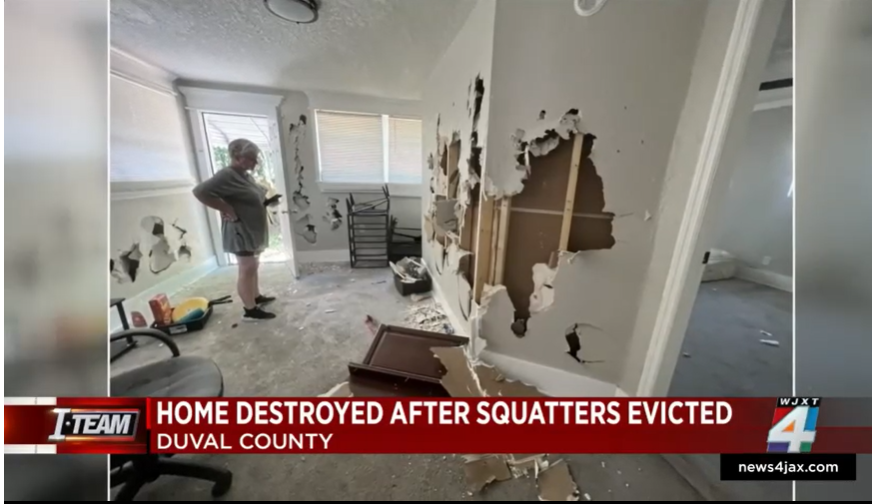
Our eviction business has seen a sizeable increase in the number of squatters moving into empty rental units. The stories are similar. The landlord discovers strangers have taken up residency in their rental home. Naturally, they are angry and worried. Will they become violent? Will they destroy the house? How do I get them out?


